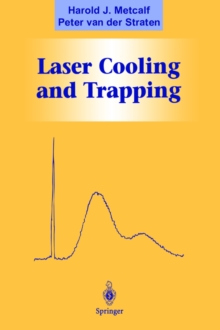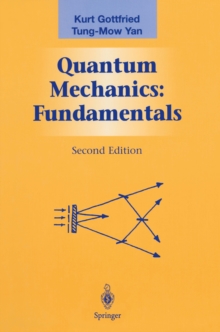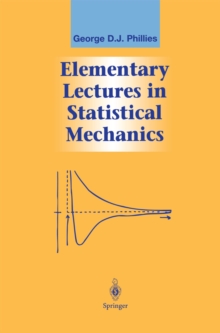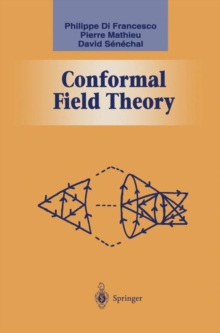
Introduction to Statistical Physics PDF
by Silvio Salinas
Part of the Graduate Texts in Contemporary Physics series
- Information
Description
Intended for beginning graduate students or advanced undergraduates, this text covers the statistical basis of equilibrium thermodynamics, both classical and quantum, including examples from solid-state physics.
It also treats some topics of more recent interest such as phase transitions and non-equilibrium phenomena.
The approach to equilibrium statistical mechanics is based on the Gibbs microcanonical ensemble.
The presentation introduces modern ideas, such as the thermodynamic limit and the equivalence of ensembles, and uses simple models (ideal gas, Einstein solid, ideal paramagnet) to make the mathematical ideas clear.
Frequently used mathematical methods are reviewed in an appendix.
The book begins with a review of statistical methods and classical thermodynamics, making it suitable for students from a variety of backgrounds.
Classical thermodynamics is treated in the in the context of the classical ideal gas and the canonical and grand canonical ensembles.
The discussion of quantum statistical mechanics includes Bose and Fermi gases. the Bose-Einstein condensation, phonons and magnons.
Phase transitions are first treated classically (using the van der Waals and Curie-Weiss phenomenological models as examples), and then quantum mechanically (the Ising model, scaling theory and renormalization).
The book concludes with two chapters on nonequilibrium phenomena: one using Boltzmann's approach, the other based on stochastic models.
Exercises at the end of each chapter are an integral part of the course, clarifying and extending topics discussed in the text.
Hints and solutions can be found on the author's web site.
Information
-
Download Now
- Format:PDF
- Publisher:Springer New York
- Publication Date:09/03/2013
- Category:
- ISBN:9781475735086
Information
-
Download Now
- Format:PDF
- Publisher:Springer New York
- Publication Date:09/03/2013
- Category:
- ISBN:9781475735086



